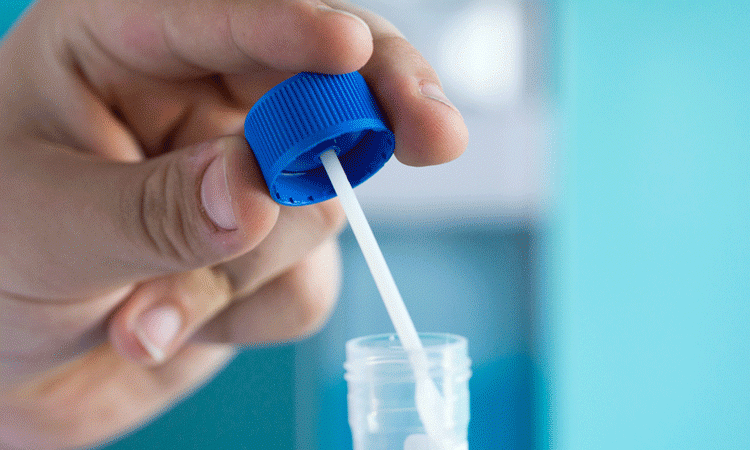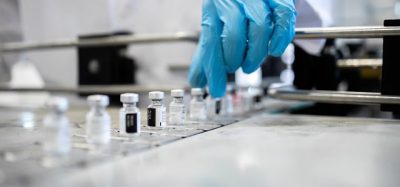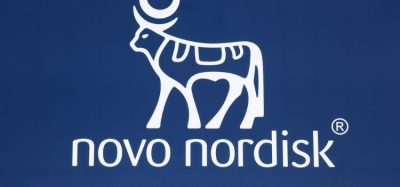Saliva diagnostics: Will saliva translate into a real diagnostic tool?
Posted: 1 August 2018 | Iqra Farooq (European Pharmaceutical Review) | No comments yet
Saliva has been used to measure stress hormones, enzyme levels and cancer mutations…


Saliva diagnostics is a proposed method of using saliva to analyse health and wellness and has become a highly desirable non-invasive method of detecting and monitoring disease within an individual.
The method is currently under investigation and uses extracellular RNA as potential biomarkers. Saliva has also been used to measure stress hormones, enzyme levels and cancer mutations.
The 96th General Session of the International Association for Dental Research (IADR) was held in conjunction with the IADR Pan European Regional (PER) Congress. Here, Dr David Wong, the Associate Dean of Research at the University of California, Los Angeles (UCLA) presented his research ‘Saliva Diagnostics and Salivaomics’ as part of the conference, ‘Will Saliva Translate to a Real Diagnostic Tool?’
Dr Wong spoke of the exciting new opportunities to use saliva liquid biopsy as a method for the early assessment of lung cancer. He mentioned the clinical performance of lung cancer detection, the fact that using saliva is a non-invasive collection process, and the ease of the collection, transportation and storing saliva.
In this new era of novel diagnostic methods and advanced treatment options, the area of patient care is rapidly changing. Early detection of disease is deemed paramount for a future looking to decrease patient mortality and morbidity rates, by detecting the disease sooner, and thus treating it at a manageable stage.
“There are a variety of scenarios with which saliva can be used,” said Dr Wong. “One of the most exciting emerging frontiers of saliva is liquid biopsy, which is a non-invasive means to assess the presence and characteristics of cancer in a patient with an indeterminate pulmonary nodule detected by low dose computerised tomography (LDCT).”
He went on to mention that saliva liquid biopsy delivers the best performance in the detection of circulating tumour DNA of lung cancer.
Should validated biomarkers be combined with high quality detection tools, saliva would open an innovative frontier in high-quality healthcare. This would allow physicians, dentists and patients to work together as a team, for real-time health monitoring, leading to personalised preventative medicine.
The research was presented as part of the symposium ‘Will Saliva Translate to a Real Diagnostic Tool?’ at the ExCel London Convention Centre.
Related topics
Analytical techniques, Biomarkers, Research & Development (R&D)
Related organisations
International Association for Dental Research, Los Angeles, University of California









